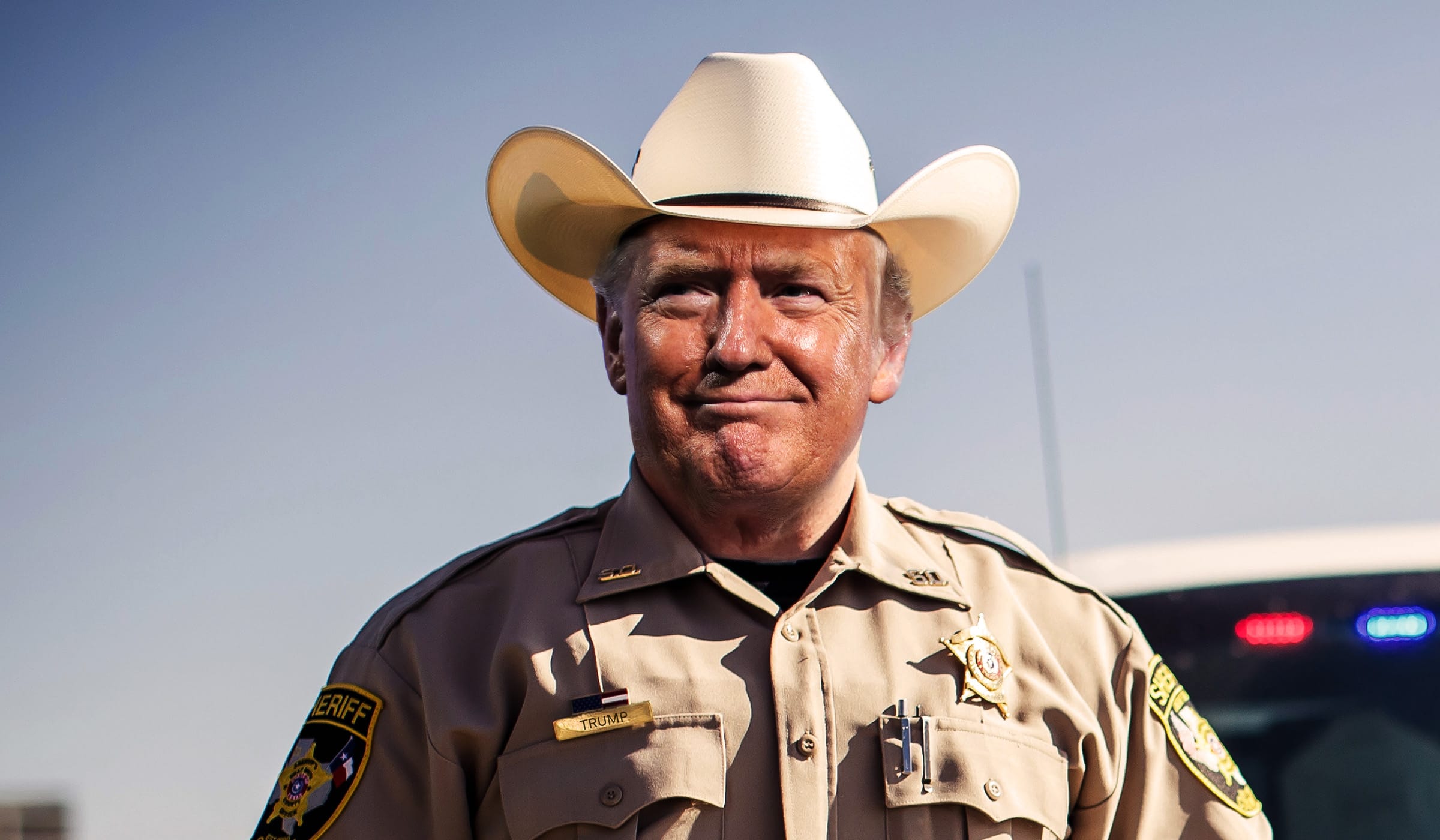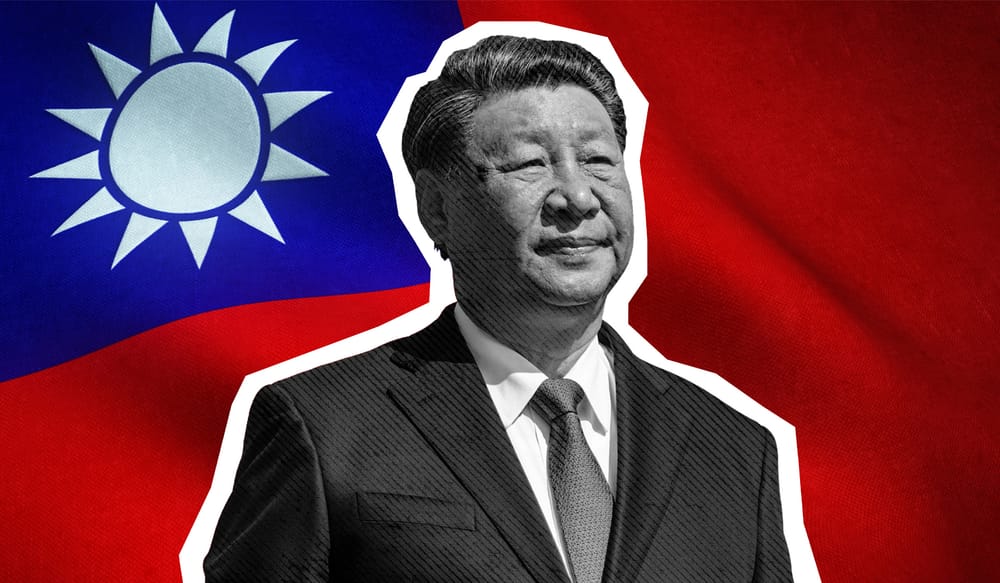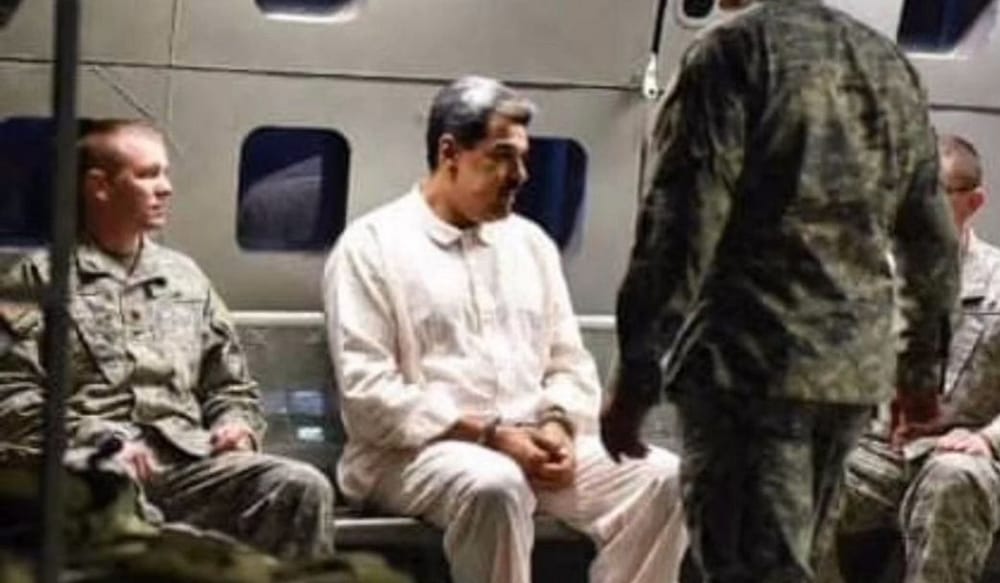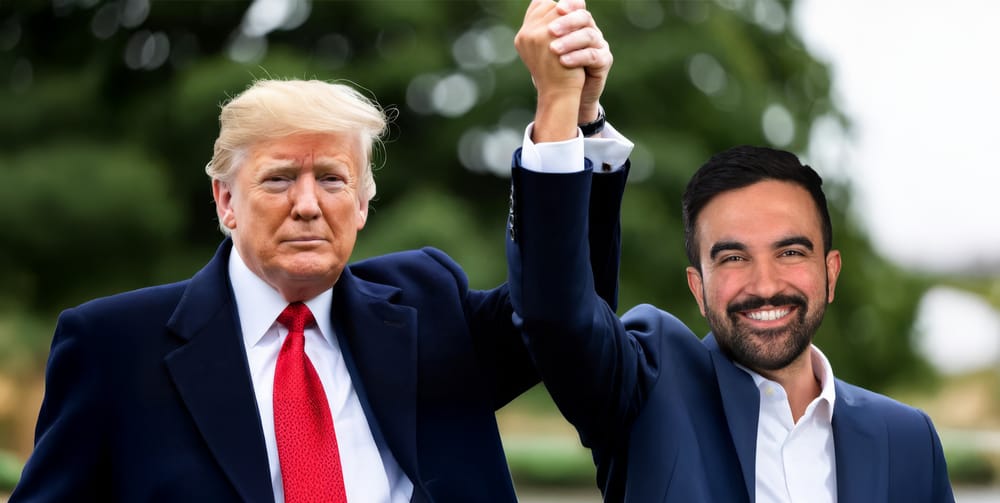Oh boy, the US president doesn't fail to deliver daily entertainment. Just after most of the world was resigned to facing a crippling recession, he extended an olive branch to everyone but China and announced a temporary pause on the new "reciprocal" tariffs, following the willingness to negotiate expressed by over 75 countries:

Stock markets rallied in response, with S&P500 up by over 9.5%:

Individual stocks performed even better, as Apple gained 15%, Nvidia 18% and Elon Musk's Tesla over 22%:

China in isolation as Trump rewards those who bend to his will
As Beijing desperately tries to maintain face and respond in kind to American tariffs, announcing a hike of its own up to 84% on US goods, Trump wants to drive a wedge between it and the rest of the world, rewarding everybody else with a temporary reprieve.
Like in the famous manipulation technique used in police interrogations, Americans field a good cop and a bad cop to scare and confuse their counterparts to extract what they want from them.
Only in this case both roles are played by the US president.
After thrashing the world for days, threatening it with a global recession – a retribution for years of abusing American openness to trade – he put away the stick for a moment and offered a carrot instead: if you behave well, sit down to talk and make generous offers, maybe you can avoid the worst.
The bad cop Trump tells you you're going to suffer, that there's no hope for you left, that you deserve the punishment... only for the good cop Trump to suddenly appear and advise you to just cut a deal. Admit your sins and you'll get off easy.
Or else you may end up like China.

By extending the tit for tat with Beijing, raising the levies to 125% at this point, Trump is showing everybody else – and all, except the EU, are smaller than China – that he's willing to play this game of chicken even with the biggest fish, so don't even think about retaliation with tariffs of your own.
If he can take Beijing for a ride, he can do the same to you.
What’s next?
The US president is not backing down from his threats and the minimal 10% levy announced on April 5 stays in force. He's likely to take it slow and let the 90 day clock run out its time, putting more pressure on all countries to agree to good deals with the White House or face the tariffs that already almost gave them a heart attack.
3 months also buy him enough time to calm the markets and fellow Republicans, who started getting cold feet about supporting the president through all of his crazy shenanigans. After all, he needs them to pass meaningful legislation.
It also makes any future stock exchange implosion less likely, as investors will be encouraged by the flexibility Trump ultimately exhibits.
Direct trade war with China is, paradoxically, less of a concern, since decoupling has been in motion for the past few years and neither side really wants to cosy up to the other again.
Diversification of manufacturing is well underway, with sourcing moving to India or Southeast Asia. Prohibitively high tariffs may merely accelerate the process, while pushing Beijing into serious economic (and political) problems as overcapacity and unemployment has followed the implosion of the real estate industry.
Continuing support for domestic business will cost the Communist Party a lot of money if exports to the US suddenly collapse. They may only be 3% of their economy, but American exports to China are just 0.5% of theirs.
In this context, suddenly leaving Beijing all alone while sitting down to talk with others opens up opportunities for Washington to redirect the most affected exports to other countries and minimise the damage caused by bilateral tariffs.
Ultimately, as the world's biggest and richest importer, the US has the upper hand.
As I wrote yesterday, we're only in the early stages of this spectacle and many twists and turns lay ahead before Trump gets what he wants and proclaims in his trademark fashion a grand victory of the USA.









